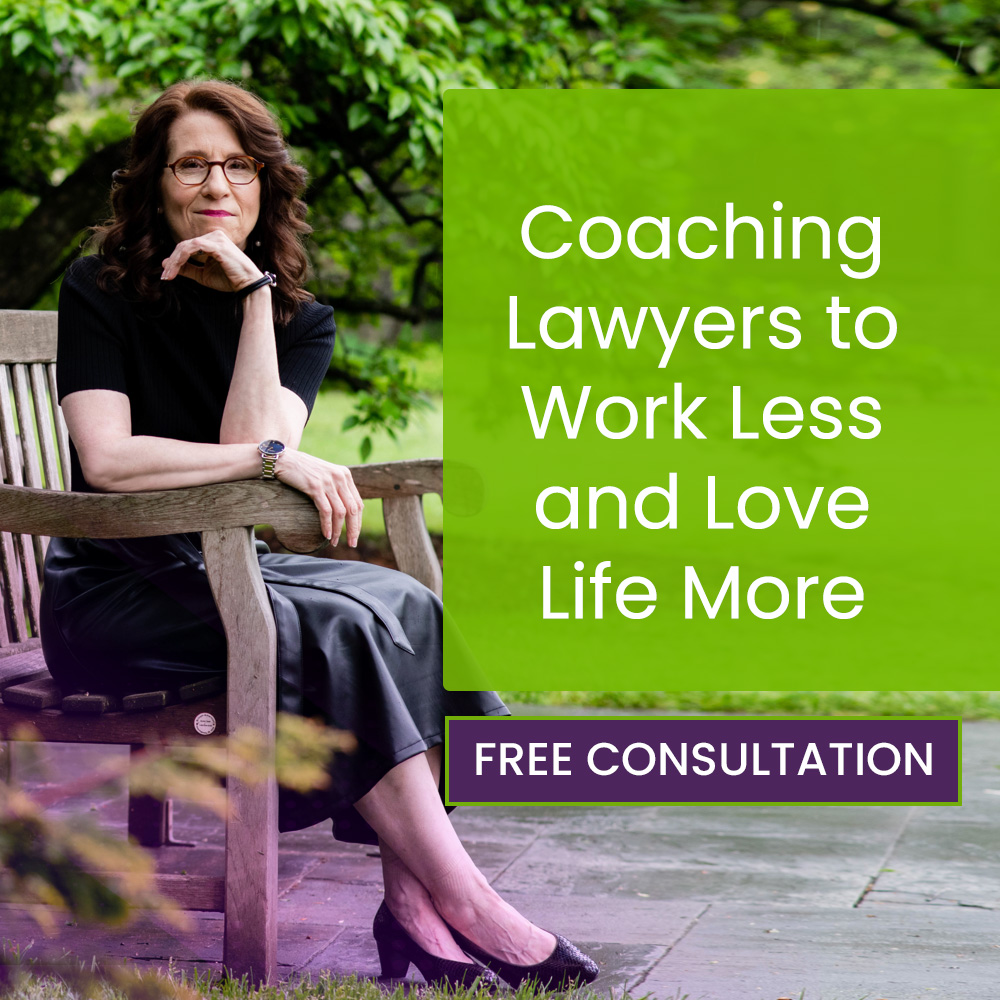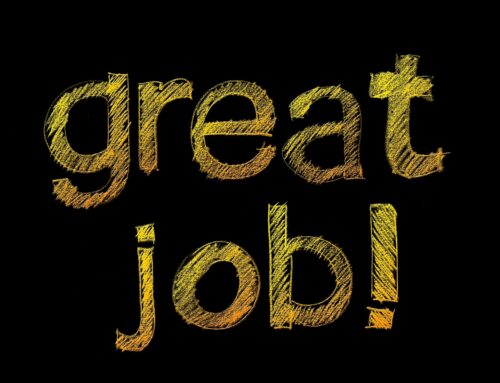We live in a world where the expectation is that we’ll know what we want to do at 18, select an appropriate major, graduate from college and be headed toward a career. If we go to law school or get a master’s degree, we are done before we turn 30. It’s no wonder that as people mature in their 30s and 40s, those early choices are not always on the money.
If you are unhappy in your work, it does not have to stay that way. There are steps you can take to figure out whether a complete makeover is necessary or just a shave and a haircut. Alternatives to a total reboot include: a different focus within your own field, moving to a better company and developing other areas of your life so that work is not occupying seven slices of an eight-piece pie.
When I was a litigation attorney, I was waiting for a witness with my opponent who turned to me and said, “Doesn’t this suck?” No explanation was required. I knew exactly what he meant. His willingness to be vulnerable was refreshing. Admitting that this profession is not what we hoped is difficult—sometimes the hardest thing to own—and he just came right out with it. This conversation emboldened me to have it with other lawyers and was one of the stepping stones that ultimately led me to coaching. I recognized that there was something about me that encouraged people to let their guard down and tell the truth. Having a thought partner is invaluable to metamorphosis. Is this a conversation you are having in your head?
Many lawyers drift to the law as a default rather than a destination, don’t really know what the profession is like and focus on jobs that will produce the most income. To make matters worse, the hours can be grueling. I once mentioned something I was pursuing in my free time to a boss and he said, “You don’t have any free time. Your time is my time.” If you work in a place with this philosophy, ask yourself if you agree with it. Do you want to work with people who think that way? If the answer is no, a change of address may be the only fix you need. Not every firm is like that.
It is important to have something in your life besides work. A friend of mine introduced me to the world of selling vintage ephemera. Together, we would hit the flea markets in the dark with our flashlights looking for treasures for fun and profit. It was, as she described, the perfect antidote to our professional lives. I have a client who volunteers at a local playhouse and another who recently ran a marathon. Later, I will ask you to consider what your antidote might be.
If you feel stuck, I recommend exploring your professional boundaries to see if they are self-imposed. Try books like “What Can You Do With a Law Degree?: A Lawyer’s Guide to Career Alternatives Inside, Outside and Around the Law” by Deborah Arron and “Downshifting: Reinventing Success on a Slower Track” by Amy Saltzman. Take a tour of the Internet and see what resonates with you. It always helps to learn from those who have navigated the same waters.
Interim steps toward what you want are a great start. I wanted to move away from litigation, so I found a firm where that experience was valued and also presented opportunities to expand. It was a chance to try new things including education law. I was there for two years when I saw an advertisement in this newspaper for a position with the Philadelphia School District. Now armed with applicable experience, I was hired as in-house counsel.
I took a significant pay cut to leave private practice and join the public sector. It was a hard decision, and, in retrospect, one of the best I ever made. I was buying my life back and began to enjoy the practice of law for the first time. My values were aligned with my work. Each successive move continued in that direction.
I never forgot that initial conversation with my opponent and, over the years, as people continued to share their secrets and confide in me, I enrolled in a coach training school and became a professional coach. Since then, I have helped many clients create the lives they want.
A great career does not happen by accident, but by design.
Contemplating a career shift or change? I suggest these steps to begin your journey:
- Get clarity on why your current situation isn’t working. It is best to enlist help because thinking it over on your own deprives you of fresh perspectives, ideas and insights. As Albert Einstein said, “The significant problems we face cannot be solved by the same level of thinking that created them.” Talk it over with people you trust and respect. Pay attention and use a journal to record your own observations as you go through the day.
- If you stay in the same situation, how will feel it in one year and in five years? If you don’t start now, you’ll still be in this same place this time next year. What steps could you take this week? This month? By this time next year?
- Think long term. A pay cut now can be recouped in a few years and, more importantly, can start buying back your happiness. Ask yourself: If there were no chance of failure and money was not a factor, what would you do?
- List what you do like about your current job. You may have forgotten.
- Identify self-limiting beliefs such as “I can’t” or “It’s too hard.” This is difficult with one person because you need someone to challenge you with powerful questions. Remember that beliefs are only things you have thought for a long time. Many clients come to coaching thinking it is too late to change their lives and usually this is not true.
- Consider how stuck you are on the amount of time and money you have already invested. Don’t allow decisions you made when you were younger dictate the rest of your life.
- Try assessments. Identify your strengths, values and preferences. It is crucial to know what is really important to you when making career decisions.
- Take time to describe in writing what your ideal job would be like. Be as detailed as possible. What is the environment? What type of people do you want to work with? How many hours do you want to work? Don’t be hemmed in by “reality.” This is the time to dream big.
- Start a file for inspirational stories or a vision board (or both).
- Try informational interviewing. Set up brief meetings in order to gather data from people working in other areas. When you are not asking for a job, people are usually willing to help. In turn, be focused, prepare your questions in advance and stick to the amount of time you requested.
- Find outlets for whatever is missing from your professional life. What would be an antidote to soothe and sustain you during any transition? Be creative.
These first steps are intended to promote discernment and offer relief. You wound up doing work or in a place of business that you don’t like and it is helpful to examine the factors that led you there and keep you there before you begin to implement meaningful change. When all of your focus and energy are tied up in work and it’s not going well, it feels like your whole life isn’t working. Pick one thing you would like to do for pleasure. Start today. You can do this.
Reprinted with permission from the November 14, 2014 edition of “The Legal Intelligencer” © 2014 ALM Media Properties, LLC. All rights reserved. Further duplication without permission is prohibited. For information, contact 877-257-3382, reprints@alm.com or visit www.almreprints.com.







